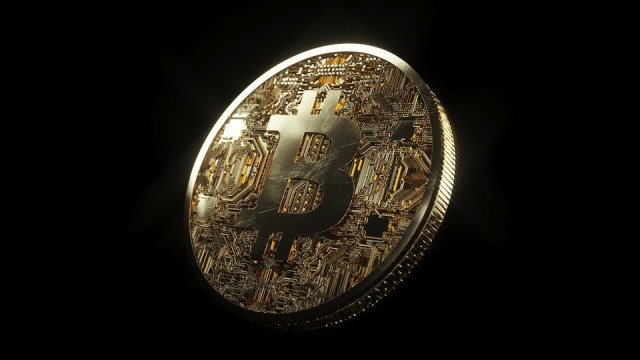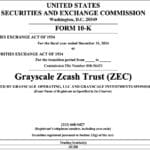Bitcoin (BTC) has long sparked debates over what it truly represents, with some arguing that it’s digital gold, a store of value, or a revolutionary form of money. Recently, Adam Back, the co-founder and CEO of Blockstream, weighed in with a bold statement, claiming that BTC embodies the essence of permissionless bearer money. Bitcoin As Permissionless Bearer Money Back’s description of Bitcoin as permissionless bearer money positions it as the modern realization of the cypherpunk’s vision for bearer eCash. Essentially, this concept means that BTC, unlike traditional bank accounts or centralized digital currencies, is owned and controlled directly by the individual who holds the private keys. This means that no intermediary can freeze, reverse, or control the transaction, making it an entirely permissionless system where ownership is verifiable and transferable without reliance on banks or governments. Notably, Back’s statement resonates with the original cypherpunk vision and ideals of self-sovereignty and financial privacy. However, some members of the crypto community quickly raised challenges to this view. One critic highlighted the role of Back’s Blockstream in developing the Lightning Network, a Layer 2 (L2) protocol designed to facilitate faster Bitcoin transactions. While it improves efficiency, the crypto community member pointed out that the Lightning Network is permissioned and partially centralized, suggesting nodes can theoretically censor or modify transactions without immediate detection by other participants. He argues that Bitcoin may not remain truly permissionless if widely adopted L2s introduce central points of control. Notably, Back has not publicly responded to these concerns, leaving the debate open to future discussions. The Many Faces Of BTC As Money Over the years, Bitcoin has been described in many ways, reflecting its evolving role in the global financial landscape. In its early stages, it was seen as a Peer-to-Peer (P2P) electronic cash and a decentralized alternative to fiat currencies. As adoption grew, BTC gained recognition as a store of value, appealing to those who want to hedge against inflation and the collapse of fiat currencies. Its limited supply of 21 million coins and rapid growth rate led many to compare it to gold, giving rise to its long-standing title as “digital gold.” Other perspectives view Bitcoin as a speculative asset, where short-term price volatility often overshadows its intended use as a medium of exchange. More recently, governments have begun looking to the leading cryptocurrency as a treasury reserve asset for diversifying national holdings from conventional currencies. Meanwhile, for cypherpunk enthusiasts like Back, Bitcoin remains a form of money that prioritizes personal sovereignty, censorship resistance, and privacy. On the opposite end, critics such as crypto agorist @cryptonator1337 highlighted that although BTC was born from experimentations with P2P digital cash, it has since deviated from the original cypherpunk purpose and has become increasingly transparent and surveilled. He noted that every transaction on the blockchain is permanently recorded, revealing sender and receiver addresses, amounts, timestamps, and metadata.

More Headlines

Will Winklevoss Twins Successfully Takeover ZCash?
99bitcoins

Ethereum Price Prediction: BlackRock and Fidelity Are Betting Big – Are They Preparing for a Massive ETH Move?
CryptoNews.com

Claims that Binance helped with Trump Launch for CZ Pardon! Coinbase $1.9B in revenue!
Decrypt

Bitcoin Price Prediction: Is BTC’s $104K Breakout the Calm Before a Massive Year-End Rally?
CryptoNews.com

Bitcoin Inflows To Binance Surge: Daily Average Hits 7,500 BTC
NewsBTC

When Washington Shuts Down, Crypto Keeps Building: ETF Approvals Set to Resume
CryptoNews.com
